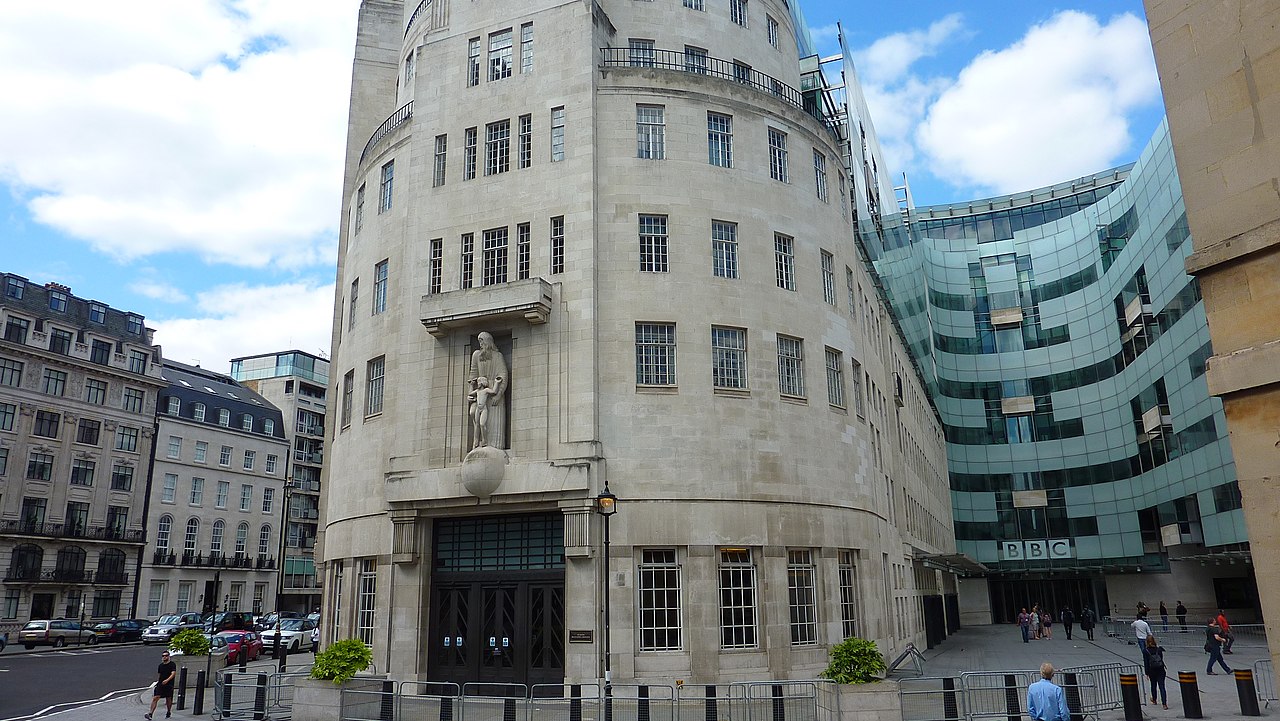“Remember to always follow BBC standards. If your information cannot be confirmed by two independent sources, don’t publish the article.” This was the advice my first editor-in-chief gave me when I started working as an intern at the foreign desk of Magyar Hírlap, a daily Hungarian newspaper where I began my career.
The same advice was echoed when a few years later, I entered the doors of Hungary’s national public radio. We took “impartiality, accuracy and fairness” seriously. And for us, serving the public as a journalist was not merely a job, it was a vocation.
Having been born in 1980, I have only vague memories of what it was like when state TV and radio were under the control of the Communist Party. Although Hungary was known as the happiest barracks in Soviet times, this of course did not mean that journalists were free to write whatever they wanted. So, when the Iron Curtain fell and journalism became independent, fact-based and public-oriented once again, we needed to adopt guidelines we could look up to. The BBC seemed like a good place to start, as the organisation had a decades-long history of impartial, accurate and fair reporting that we had lacked for some time.
Almost 20 years later, Hungarian public media could not be further away from these principles.
In the aftermath of the 2010 election victory of Prime Minister Viktor Orbán, the Hungarian government initiated a programme of measures designed to exercise control over the media. Utilising a two-thirds majority, the Fidesz party successfully implemented a comprehensive overhaul of Hungary’s media legislation, culminating in the appointment of individuals with strong allegiances to Fidesz within the nation’s media regulatory body. The centralisation of state media, including the national news agency, distributing news to every newsroom in the country free of charge, was of particular significance.
Over the years, more than 1,600 journalists and media workers at the national public media company (MTVA) were fired and replaced with people who would support the government’s story.
By today, Hungary’s public media has effectively been turned into a government mouthpiece.
Human Rights Watch learned from one current and one former employee at M1, a public service television channel under MTVA, that reporters are instructed by their editors on the subjects to be covered, the terminology to be used, and the subjects to be avoided. Should a reporter disagree, they are told to resign. In a leaked audio recording from a 2019 meeting, Balazs Bende, foreign news editor at public service broadcaster M1, can be heard telling staff: “this institution does not support the opposition coalition,” and “we all work accordingly,” and that “anyone who doesn’t like it should resign”.
Public television and radio channels consistently echo the talking points disseminated by Fidesz and a network of think tanks and pollsters that receive funding from the government and the party. In contrast, opposition politicians have long complained that they are allocated a mere five minutes of airtime every four years on public television, the legal minimum, to present their platforms before elections.
It is clear that how public media works has a direct effect on democracy and the rule of law. The government’s control stops people from being able to hold the government to account and stops people from getting information. In Hungary, there are still many people – especially in the countryside – who do not use the internet daily and only watch what the public TV and radio stations have to offer. So, they won’t even know about the corruption scandals exposed by the independent media. If they only hear one side of the story, they won’t be able to make an informed choice when it comes to the elections.
As the example shows, if public media outlets fail to do their job and are unable to resist political pressure, this can have serious consequences for the journalists working there and for society as a whole. This kind of pressure is now common not only in Hungary but throughout the world. So, it is all the more important that established and respected public media outlets – including the BBC – resist political pressure and set an example. If they stick to their own rules and always stand by them, they can’t be undermined.






